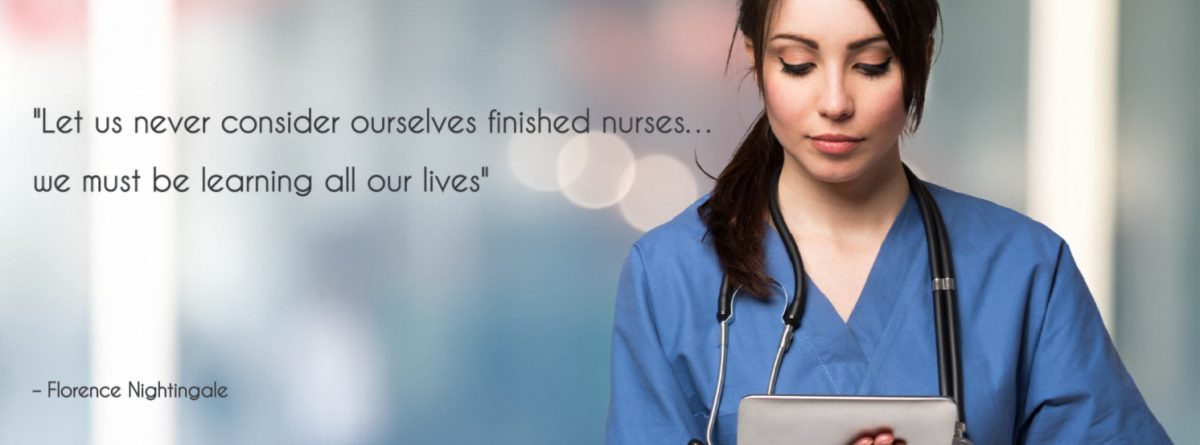In transcultural nursing, the nurse needs to be sensitive to cultural differences whilst focusing on the patients as individuals, with their own needs and preferences. Transcultural nursing requires that the nurse is respectful towards the patient’s culture by not being afraid to ask, listen to their beliefs, and provide related healthcare practices wherever possible.
Ethical Principles Related to Patient Respect
As members of the professions, nurses and midwives must:
1.1.1 Respect the dignity and individuality of patients
1.1.2 Respect the cultural needs and values of patients
1.1.6 Within their sphere of responsibilities, ensure that patients are given adequate, correct, and timely information in a culturally sensitive manner enabling them to make a free and informed choice towards the provision of their own care.
Council for Nurses and Midwives Malta (2020)
Standards of Professional Conduct
Nurses and midwives must:
1.2.1 …Respect individual differences that do not discriminate against patients based on religion, gender, sexual orientation, political, or other opinion, disability, age or any other factor.
1.2.2 Recognise and respect the uniqueness of every patient and adapt the care given according to the patient’s biological, psychological, social, emotional and spiritual status and needs.
1.2.5 Communicate with patients about their care plan and give them information in a manner they can understand. Nurses and midwives must make use of available services to ensure effective communication.
1.2.8 Ensure that political, religious, cultural or other belifs are not imposed on the patient. Nurses and midwives should intervene if they witness other health care members doing this.
Council for Nurses and Midwives Malta (2020)
Foreign Population Increase in Malta
Foreign population increase in Malta has multiple implications, including social composition of the community (specific material organisation of workers into a class society through the social relations of consumption and reproduction), as well as social cohesion (strength of relationships and the sense of solidarity among members of a community).
A 2019 study among health, education and social work professionals pointed the following challenges and concerns in this regard:
- lack of knowledge amongst professionals
- an overwhelming feeling by the existing diversity and multiple religions
- anxiety in relation to fear of not wanting to offend another unintentionally
- fear about one part or the other imposing one’s own customs / worldviews onto the other
Religious Composition of the Maltese Population
Whilst to date there is no official precise data about the religious composition of the Maltese population, it is believed that currently:
- up to 94% are Catholic (including Greek Catholic, Coptic Catholic, and Syro-Malabar)
- up to 7% are Muslims
- Christian churches (Orthodox, Oriental, Anglican, Reformed, Evangelical / Pentecostal)
- small religious communities (Buddhists, Baha’is, Hindus, Jews, Sikh, Neo-Pagan, and African Religions)
For a practical guide outlining the different needs of individuals coming from different backgrounds, check out the Living Together In Malta – Handbook.
Effective Transcultural Nursing
The key to effective Transcultural Nursing is to:
- be aware of your own cultural and religious biases – your worldview is made up of your own language, religion, point of view, culture, and family traditions. It is how you view other individuals and the reality around you – your perception
- do not make assumptions – people are different even within their own cultures and religions; do not label individuals – get to know the person individually
- overcome language barriers – getting to know some words in different languages helps build a therapeutic relationship with the patients
- get to know basic cultural and religious literacy – basic things may not appeal to all cultures…eg. in Islam, to greet a person of the opposite sex put your hand on your chest rather than a handshake; Hindus greet each other by saying the word Namaste, holding their hands in the Namaste position and touching their forehead as a sign of respect
- understand that all groups are heterogeneous (different) – diversity between people practicing the same religion or culture
- build trust between you and the patient – show interest in their culture and religion, and assist where necessary, so they can practice their beliefs/culture, whenever possible
- be prudent – show that you care for the patient with their own individuality
- listen and discuss with the patient – build a therapeutic nurse-patient relationship
NOTE: An interfaith calendar can help you practice Transcultural Nursing even better by providing you with all important dates for most religions and cultures. You can check out an interfaith calendar at https://livingtogether.mt/
Reference
Council for Nurses and Midwives Malta (2020). Code of Ethics and Standards of Professional Conduct for Nurses and Midwives. Retrieved from https://deputyprimeminister.gov.mt/en/department-of-health-services/nursing-services/Documents/Legal%20Framework/Code%20of%20Ethics%20and%20Standards%20of%20Professional%20Conduct%20for%20Nurses%20and%20Midwives%20-%20Final.pdf on 25th June 2022
Did you find the above nursing information useful? Follow us on Facebook and fill in your email address below to receive new blogposts in your inbox as soon as they’re published
- The NUPO Diet Review: trying NUPO before going under the knife - 19/12/2023
- Antimicrobial Resistance Symposium - 11/11/2023
- Examination of the Abdomen for Nursing Students - 01/07/2023



